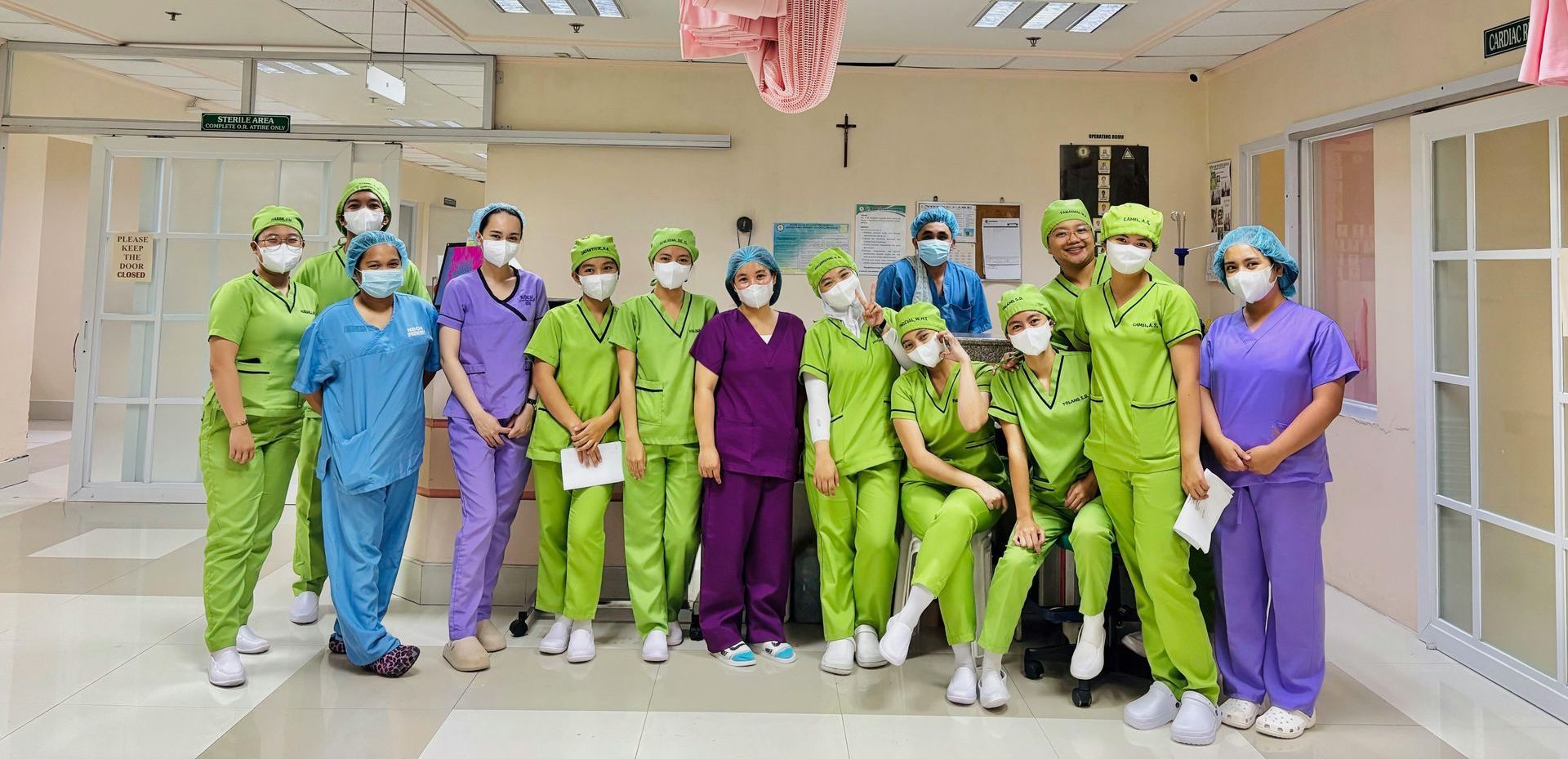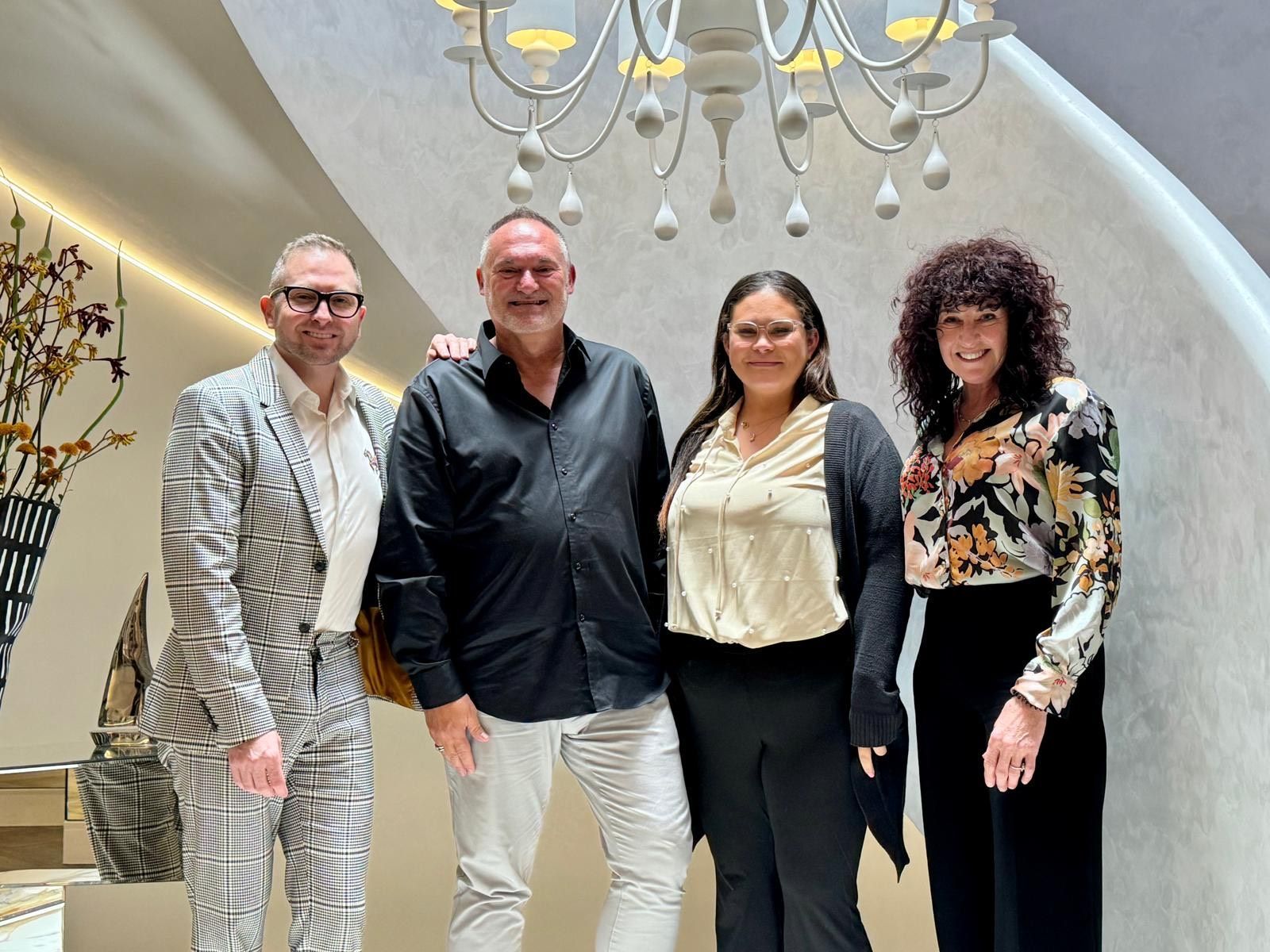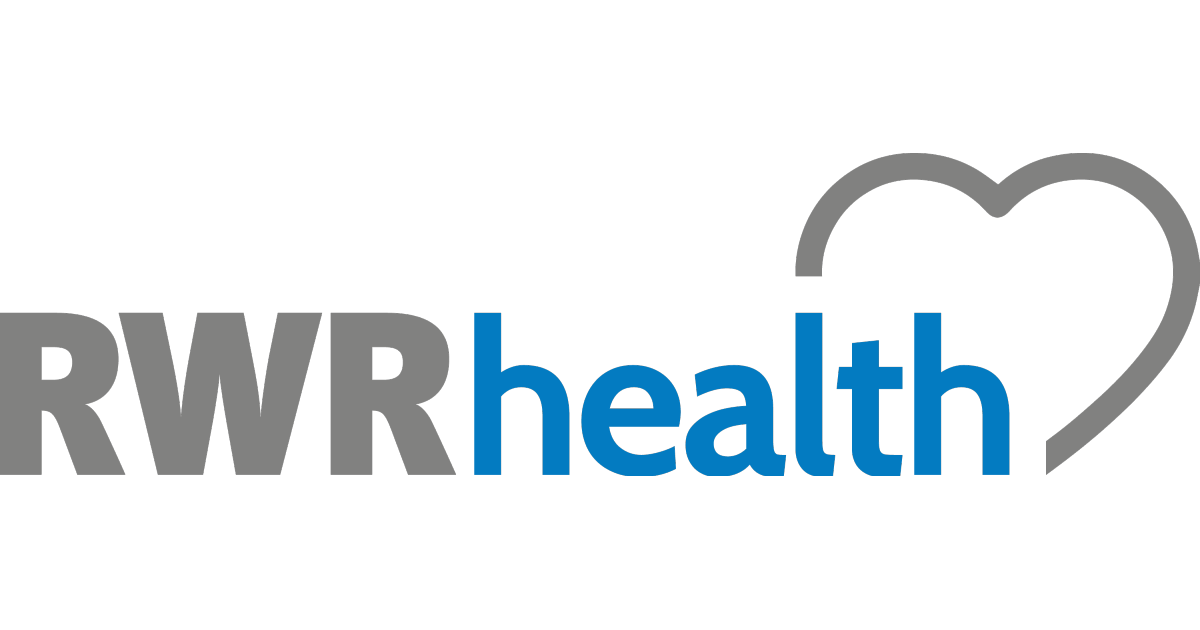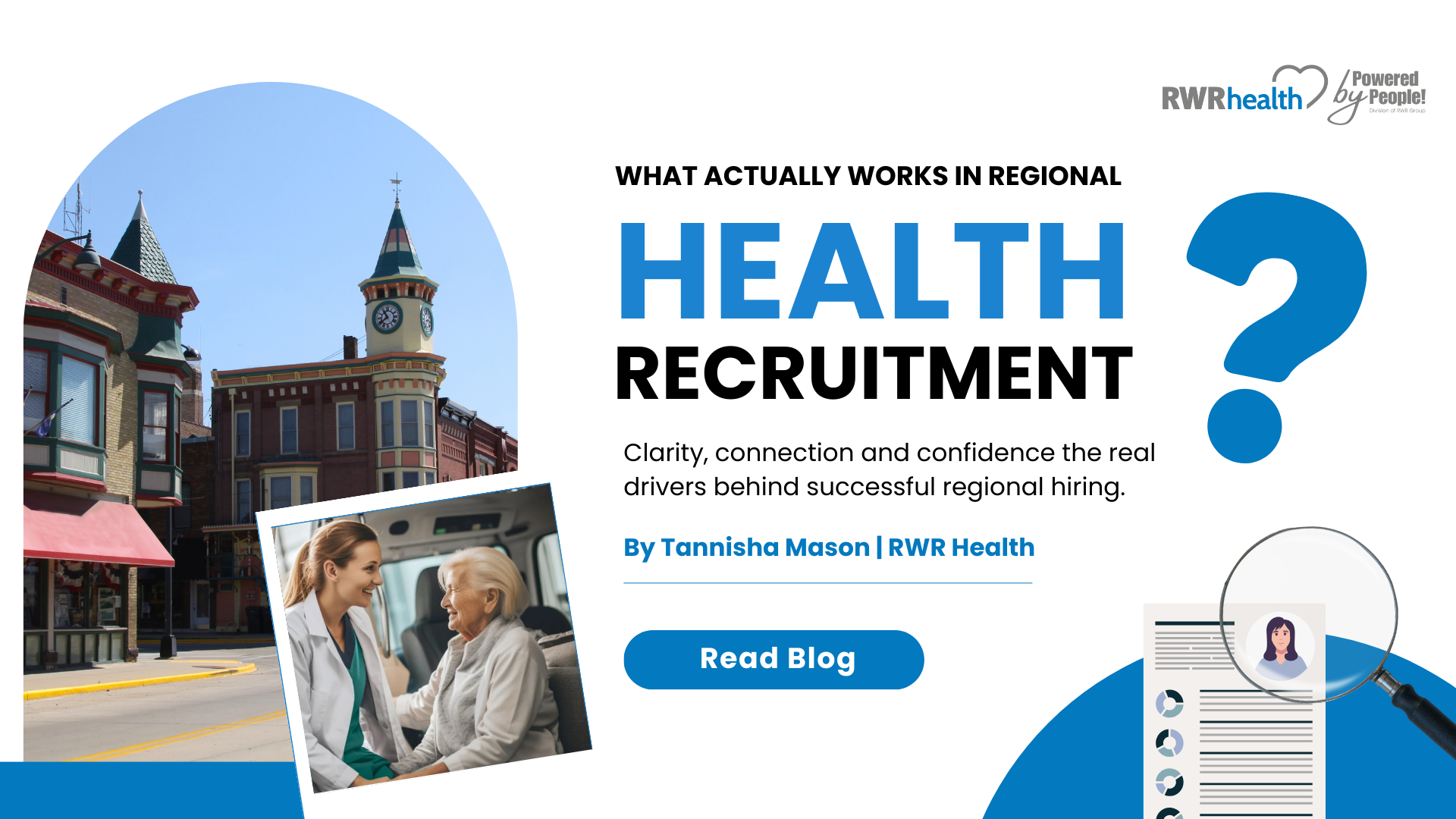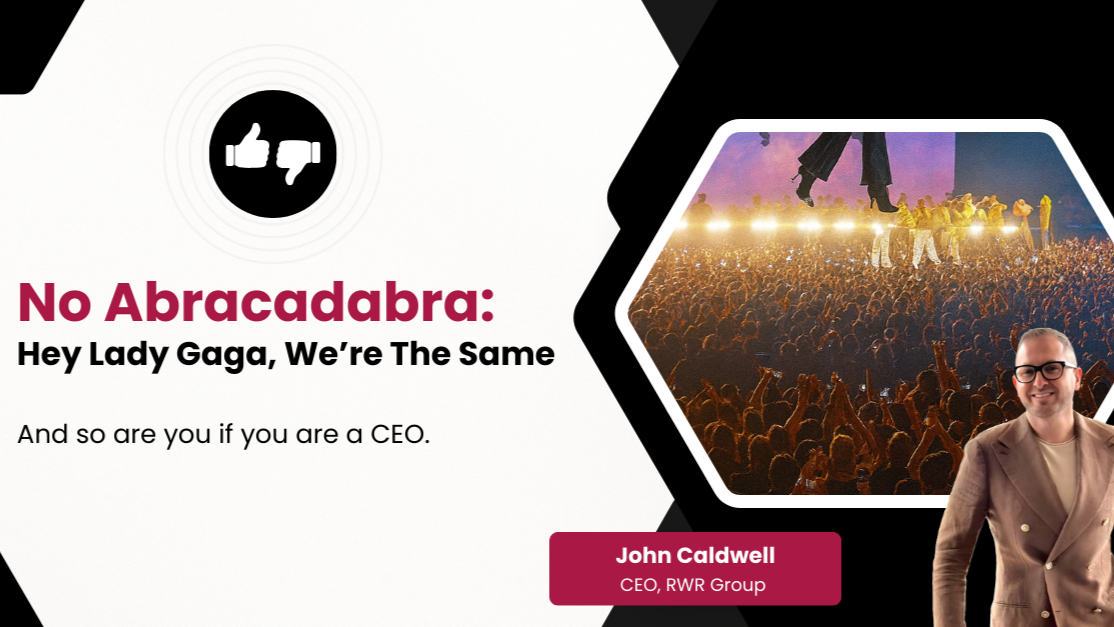How to gain and retain employees in a candidate-focused climate
In the current candidate-focused climate how can you ensure candidates will pick your role over others? We’ve brought together our insights on making your role as attractive as possible, as well as key ways to make sure your new hires stick around for the long run.
Let’s start at the beginning, what's the first thing your possible candidates are going to see? The advert that you put up! The most important thing here is honesty. Mentioning the benefits and culture of your business is essential, but keep in mind not to over-sell or be deceptive about the reality of the position. Candidates are much more likely to leave their new position if they feel like they have been misled or lied to at any point throughout the hiring or onboarding process.
Try comparing your job ad to others. What kind of language are they using? What benefits do other companies have that make their ad stand out? This can be a great time to review internally and identify any improvements that can be made to the remuneration and benefits on offer to candidates. Benefits like subsidised registration, funded study, progression plans, and additional leave such as mental health days are being adopted into many workplaces. If it’s possible for the role and within your budget, advertising relocation and accommodation support can open the door to a much larger pool of suitable candidates. Additionally, selling the position as a way for a candidate to progress towards their career goals is a great way to make a position more attractive.
Wonderful! Your listing is grabbing attention and you’re ready to begin interviewing applicants. At this point in the process, you should be ready to show some personality. Creating a connection and leaving a lasting impression on each candidate is essential. During your interviews ensure you are noting where flexibility may be needed for each individual. That way, when you are ready to offer your prefered candidate you can ensure your first offer is specialised for them. This shows that you value them as a person, not just their CV and can't wait to welcome them into your team.
This is one of the many ways working with a recruitment company can help streamline your recruitment process. Our in-depth knowledge of each one of the candidates we partner with ensures we know what's going to motivate them to accept or decline an offer.
Let’s move to the next step, offering the position. In our current climate, we are seeing an increase in counter-offers and bespoke remuneration packages. For the right candidate, this likely means you’ll have to show some flexibility within the position. In many health roles, the salary won’t be flexible and working from home won’t be an option, however, many other aspects can be flexible. If possible, highlight that there can be flexibility with rosters and offer adjustments that suit the candidates’ work-life balance. The key here is to show potential employees that you will value and care for them and not just see them as a number.
Another roadblock that we are repeatedly seeing, which is costing businesses great candidates and time to recruit is internal processing issues with documents. Have your contracts drafted and ready to go before you present your offer. A verbal offer isn’t enough security for a candidate to leave their current position. Think of how quickly your ideal candidate could interview and receive an offer from another business, or receive a counteroffer from their current employer in a bid to retain them.
Finally, a focus and investment in retaining your existing staff is your greatest asset. Whether they’ve been in the business for 6 weeks or 6 years, creating a workplace where each employee feels respected and valued will mean you have to go through the hiring process a lot less often! The first 90 days of a new employee's journey are the most pivotal and defining. This often means making sure their onboarding experience is thorough, and that you remain flexible so their work-life balance doesn’t lean so far into work that life gets left behind. Be honest about the realities of the role from the beginning; people understand that no job is smooth sailing, and knowing the challenges of the role before they begin ensures your new employee won’t feel caught off guard and helps ensure they feel confident in their new role. By setting them up for success you’re ultimately ensuring your own success too.
The rate of counter offers and multi offers are higher than ever, causing frustration for employers all over New Zealand. If you’re interested in more advice on counter offers, non-starters and fall overs we’ve put together a guide for employers like you. Simply message one of our recruiters in your area to get your guide! Best of luck with your hiring journey!





